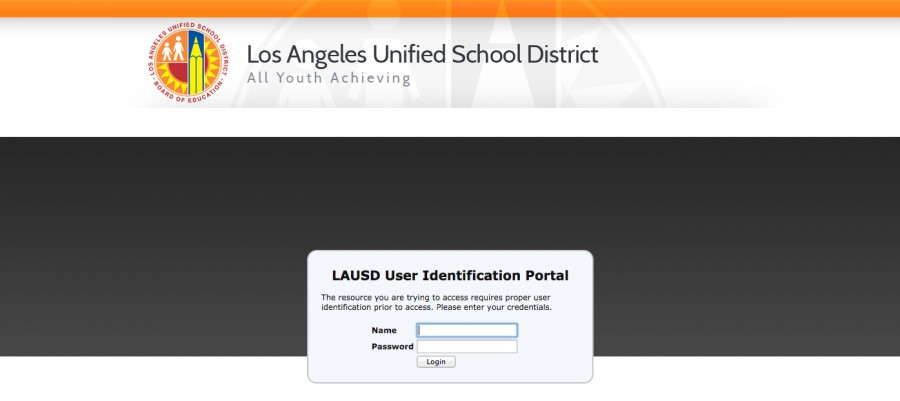Social media websites blocked, students’ Wi-Fi passwords lost
As a student journalist, posting content on social media websites like Twitter is very important. However, students are not allowed on most social media websites without a teacher’s usersname and password.
May 29, 2015
Since the district blocked more web pages, no one is allowed on any social media site without a password, which has been disrupting journalism students from being able to post stories, videos and share their work online while at school.
Before the sudden blocking of social media sites last month, students were able to access sites such as Twitter, Vimeo and Hootsuite, but those pages are no longer available for use without a password for access. This blockage has some students, such as those in the journalism and media program at a disadvantage since these are needed to post content online.
“LAUSD clearly didn’t think before blocking some of these sites,” said senior Karla Medrano, executive producer of Pearl Net News. “I use Vimeo in my broadcasting class as one source for sharing videos and now that’s obviously no longer an option.”
Students weren’t initially supposed to have this problem. The district supposedly gave Daniel Pearl Magnet High School passwords for each student to have access to the newly installed Wi-Fi. According to Principal Deb Smith, the school was never given login information.
“It’s my understanding that every student in L.A. Unified can have a single sign-on credential created,” Smith said. “I don’t think those email accounts were ever set up for students here. I don’t think there is any thing about blame. That’s something at our school we never set up because so many students have their own email account already.”
Earlier in the school year, students had to sign acceptable use forms which lays out what the district deems as acceptable use of district computers. It outlines about certain sites students are not allowed to go to and explains that students cannot use the internet for their personal gain.
The use of the Wi-Fi is so that both the school and the district could keep track of students online activity to assure online safety. Not all students will be using it for journalistic purposes, but that doesn’t mean that it won’t be used to help students learn, like sophomore Jesse Cortes.
“I really can not wait to get Wi-Fi that I could use on computers and my phone,” Cortes said. “I’ll probably end up playing games on coolmathgames.com but that’s okay because it’s an educational website.”







